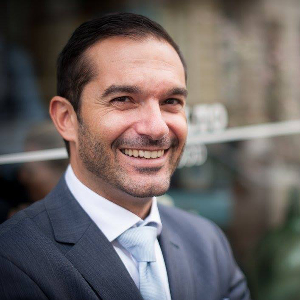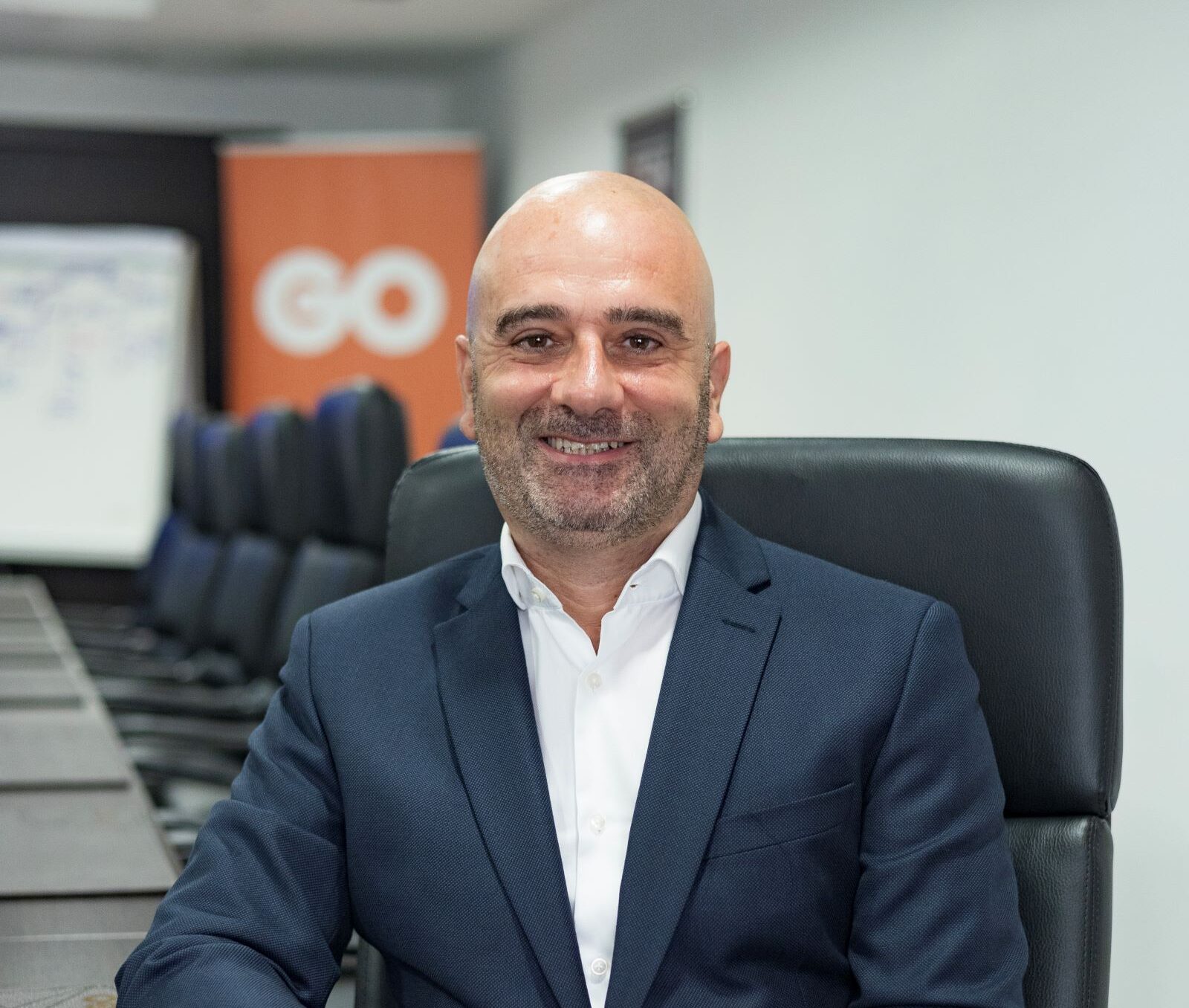In 1925 Luxembourgish-American inventor, Hugo Gernsback, invented The Isolater, a sound isolating helmet equipped with oxygen, reminiscent of deep-sea diving, to help him focus on his writing, reading or inventions. The intent was to eliminate external distractions that would tear away his focus from the task at hand because he realised that his productivity and effectiveness was considerably diminished if he did not plough all his effort to the present task only.
As wacky as The Isolator looked, Gernsback was on to something, and today a myriad of time-tracking applications exist as a result of that to help us with addressing one of the perennial dilemmas we face every day: How to maintain focus.
And there is a very simple reason why: Whether we like it or not, our mind can only do one thing WELL at a time. While many pride themselves of being excellent or efficient multi-taskers, in reality, all they are doing is using more energy to do more things in more time. So where’s the benefit?
The benefit, it is believed, is in the neurochemistry. Being busy, and feeling like we are accomplishing many things at once releases Dopamine, which is the brains reward mechanism to say ‘well done’. Once we get that dose of Dopamine, we want more (it is also the basis of addiction) so the reward, which comes from our perception of accomplishment, makes us also think its beneficial, that we are good at it, and can/should do more of it.
However, in reality it is a recipe for disaster. Of course I am exaggerating for emphasis, but results are only derived from focussed attention. And the answer is also biological.
The art of focussing is directly aligned with the purpose and value of the effort you are willing to put into achieving something. Therefore, in order to maintain focus we need to understand the mental ‘pros and cons’ of our efforts; the pros being the Dopamine reward we get from achieving the outcome, and the cons being the Norepinephrine that helps us remain alert when performing tasks.
In simple terms it is all about what matters. Because what matters, gets done, and if it matters enough, we take control.
Control is the first thing we need to apply to maintain focus; so if you may be finding it difficult to maintain your focus, ask yourself, what is it that I do not have control over, and how can I achieve this.
Continue Reading
Pjazza 1902: New hotspot blends community engagement and B2B offerings
The entertainment hub, which has recently opened in Pembroke after a lengthy period of meticulous restoration, serves up a gamut of dining, fitness, business and leisure opportunities
Gavin Isaacs steps down as Games Global chairman to take on new role as Entain CEO
His appointment comes into effect from September 2024, and will see him remain on the board of Games Global as an independent non-executive director
Third-largest cryptocurrency exchange OKX selects Malta as its MiCA hub
Under the MiCA framework, OKX plans to offer spot trading (including EUR and USDC pairs) in addition to buy, sell, convert and staking services to qualified EU residents through Okcoin Europe Ltd
GO’s Enterprise Solutions geared to deliver end-to-end business technology
The telecoms firm prioritises holistic and scalable solutions for its corporate clients, says Arthur Azzopardi, Chief Officer at GO Business.











